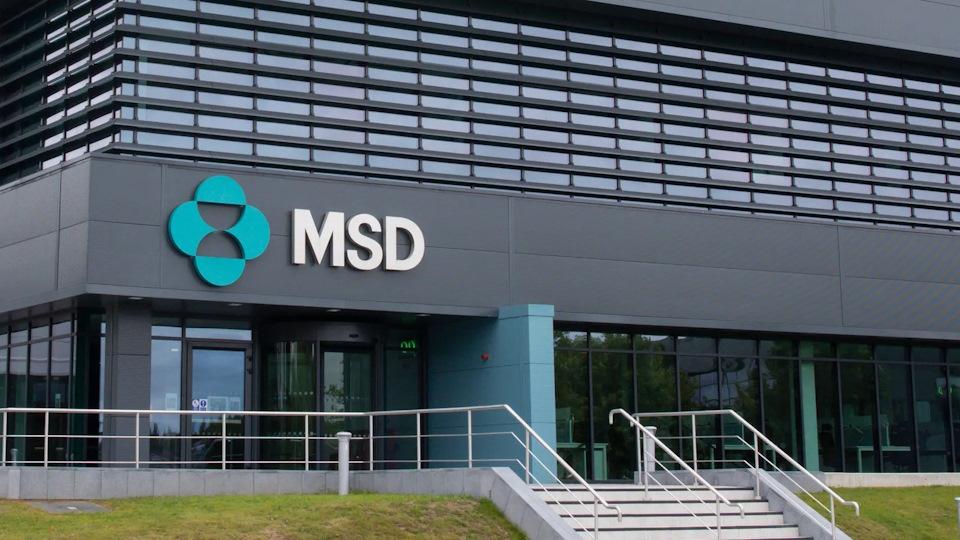Immunicum continues cell therapy trials after positive kidney cancer readout

Sweden’s Immunicum has announced detailed results from its mid-stage trial of its oncology cell-based immunotherapy ilixadencel, which it says justify further clinical trials after it improved kidney tumour clearance in combination with Pfizer’s Sutent, faster than those treated with just the approved cancer drug.
Results from the small MERECA trial showed the response rate in patients with metastatic renal cell carcinoma, treated with the ilixadencel- Sutent combination, was on a par with those treated with Sutent (sunitinib) alone.
But in the combination group there were more complete responders and the duration of response was longer.
In a treatment arm receiving ilixadencel and Sutent objective response rate was 44% - 20 out of 45 patients, while those on Sutent monotherapy it was 48% - 12 out of 25 patients.
But the number of complete responders was 11% (5 out of 45) and 4% (1 out of 25) in the respective groups
The median duration of response was 7.1 months for the ilixadencel combination group versus 2.9 months in the sunitinib monotherapy group over the 18-month study period.
Overall survival data are not yet ready but numerically the trend is in favour of the ilixadancel group - as of July this year 57% (32 out of 56) patients in the treatment group were alive compared with 43% (13 out of 30) in the control group.
A further update on the survival data is expected in January, with follow-ups taking place every six months.
Analysis of tumour tissue surgically removed after ilixadencel treatment showed infiltration of tumour cells, indicating that the active ingredient was working as expected.
Ilixadencel is made from activated allogeneic dendritic cells, derived from healthy blood donors.
Injecting these into the tumour generates an inflammatory response which in turn leads to tumour-specific activation of the patient's cytotoxic T-cells.
Safety data was similar in both treatment groups, suggesting that ilixadencel does not add toxicity, an important factor as there are already several side effects associated with Student such as fatigue, diarrhoea, anorexia and skin toxicity.
These results build on top-line results first announced at the end of August, and the company says findings support continued clinical development.
Carlos de Sousa, CEO of Immunicum, said: “The purpose of the MERECA trial was to gain the first set of comparative data on what effect ilixadencel has on patients when combined with a standard treatment. The results indicate that ilixadencel benefits patients by clearing tumours at a higher rate and for a longer time than sunitinib alone."
There are still few treatment options for metastatic renal carcinoma, although Bristol-Myers Squibb has seen its Opdivo (nivolumab) immunotherapy approved in first line and certain previously treated patients.












